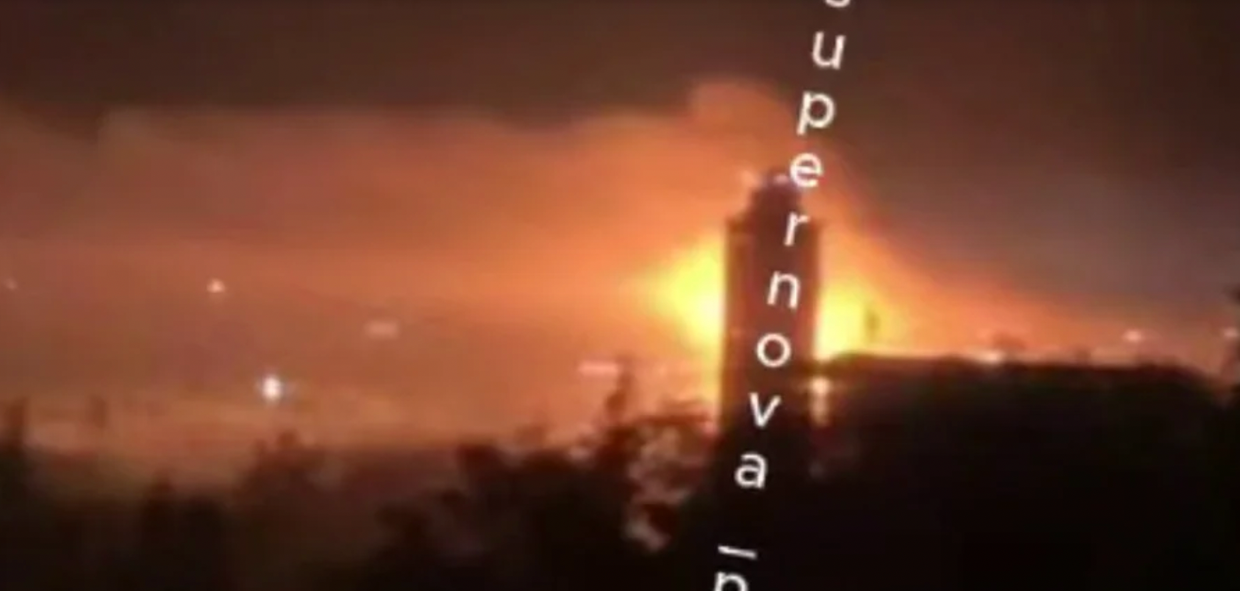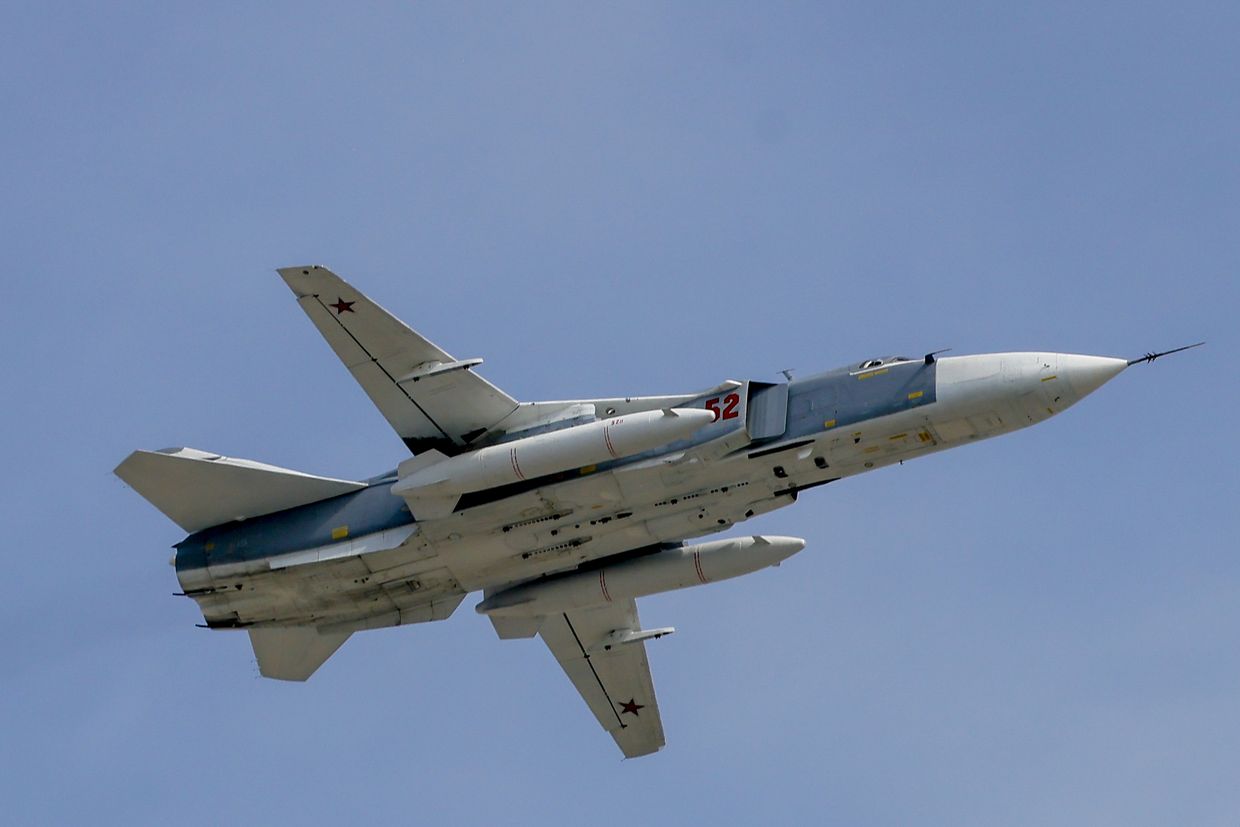Polish fighter jets intercepted a Russian Su-24 bomber in international airspace over the Baltic Sea on May 22, Polish Defense Minister Wladyslaw Kosiniak-Kamysz said during a press conference on May 23, according to the Polish news outlet RMF24.
The incident marks the latest in a series of Russian provocations near NATO territory. According to Kosiniak-Kamysz, the Russian aircraft posed a threat to regional airspace safety.
"These maneuvers performed by the Russian Su-24 show that the actions were dangerous and intentional," the minister said. He added that Polish pilots quickly detected, intercepted, and forced the bomber to withdraw from the area.
The encounter took place near the heavily militarized Kaliningrad Oblast, a Russian exclave wedged between Poland and Lithuania.
Russian aircraft often fly from Kaliningrad without using transponders, failing to file flight plans, and not establishing contact with regional air traffic control — a pattern that NATO officials have long described as high-risk behavior.
"We are resistant to provocations, but we react appropriately, individually and collectively," Kosiniak-Kamysz said, referring to NATO's air policing measures.
The intercepted aircraft, a Soviet-designed Su-24 bomber, is capable of carrying guided bombs and precision missiles and was developed for low-level penetration missions.
Since the start of Russia's full-scale invasion of Ukraine in 2022, Poland has scrambled fighter jets multiple times in response to missile and drone attacks near its border.
On several occasions, Russian projectiles have briefly entered Polish airspace, prompting strong protests from Warsaw and increased NATO monitoring in the region.
On Feb. 11, a Russian Su-24MR reconnaissance aircraft flew into Polish airspace over the Gdansk Bay for over a minute. Moscow blamed a navigational failure, though Polish officials have dismissed similar explanations in the past as implausible.
Poland, which shares a border with Ukraine and hosts significant NATO infrastructure, has warned that Russian aerial provocations could trigger escalation if not contained.















